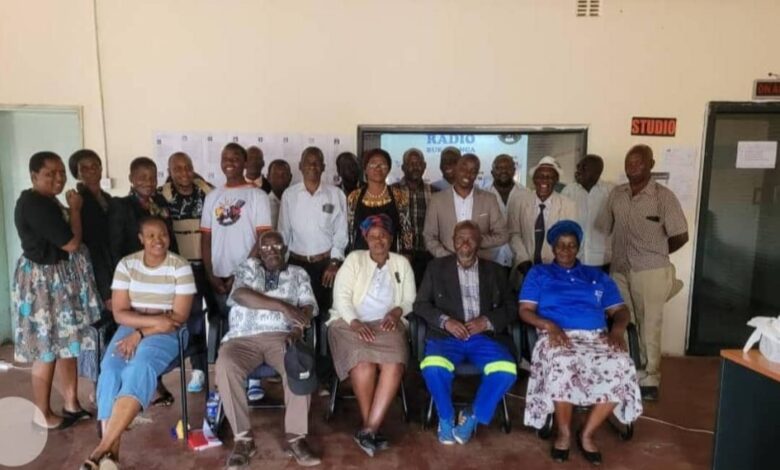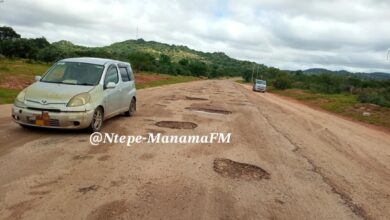Radio Bukalanga: Amplifying rural voices

Godwin Gumbo
Radio Bukalanga, a community radio station serving Zimbabwe’s predominantly Kalanga-speaking population, is making significant strides in covering the information gap in previously underserved communities in Plumtree.
This was evident during the station’s recent annual general meeting in Plumtree, where stakeholders gathered to assess its progress and chart a path forward. “We have created a grand platform for previously overlooked languages like Kalanga and Tjwao,” declared Radio Bukalanga board chairperson, Ntando Dumani.
The station has indeed filled a crucial void, providing vital information to a community often underserved by traditional media. However, challenges persist. Limited coverage, particularly in the Bulilima district, remains a significant hurdle. “Our work is hampered by mobility issues, often leaving us behind in reporting on local community matters,” lamented the station manager, Ms Yvonne T. Buzwane.
Despite these setbacks, Radio Bukalanga has forged partnerships with civic organizations and government agencies in generating revenue to sustain its operations.
The station’s financial health is robust, as evidenced by the adoption of the previous year’s audited financial statements. With a potential listenership of 126 288 people, Radio Bukalanga is poised to expand its reach and impact. Strong support from the diaspora community further bolsters its prospects.
As Radio Bukalanga continues to grow, it faces the challenge of diversifying income streams to ensure long-term sustainability. By addressing these issues, the station can solidify its position as a vital resource for the Kalanga community and a model for community radio in Zimbabwe.





